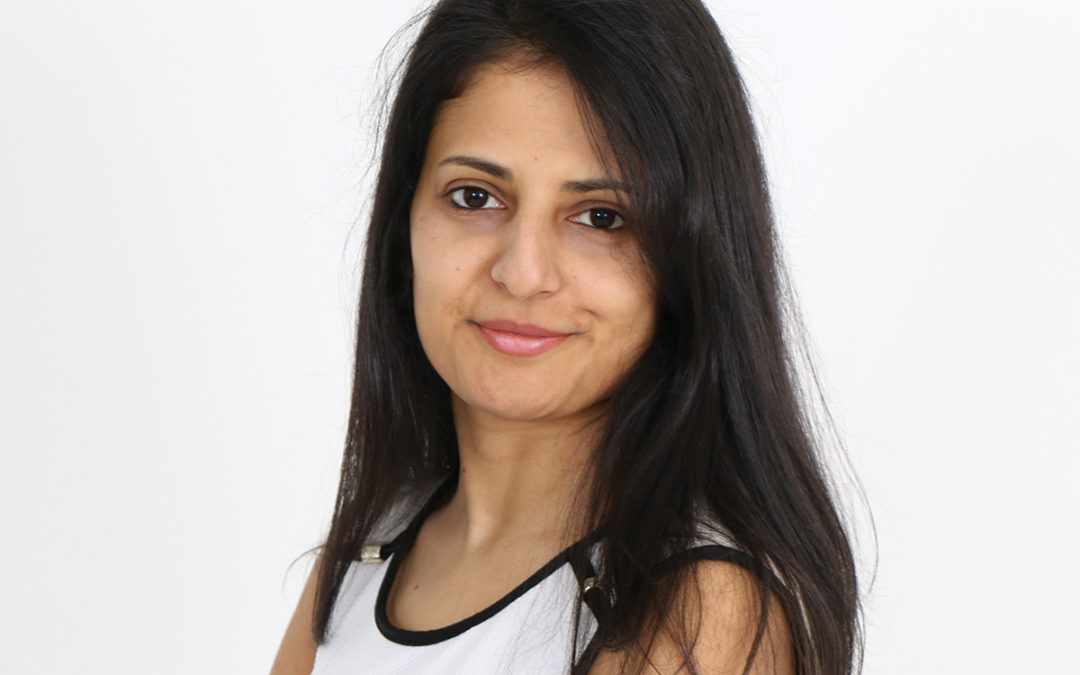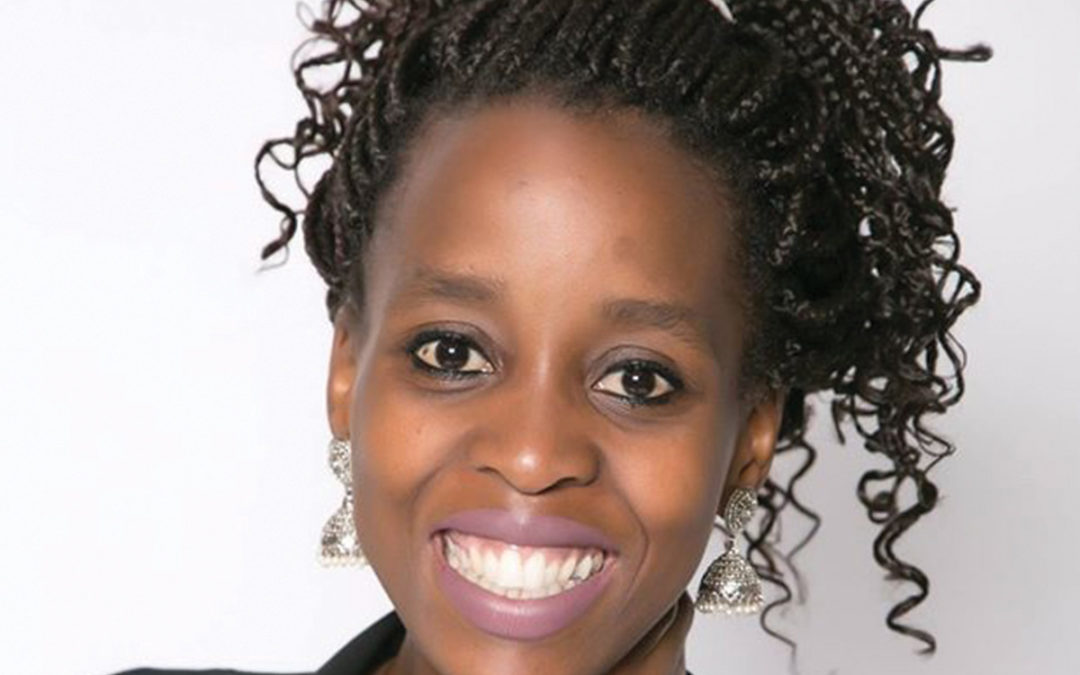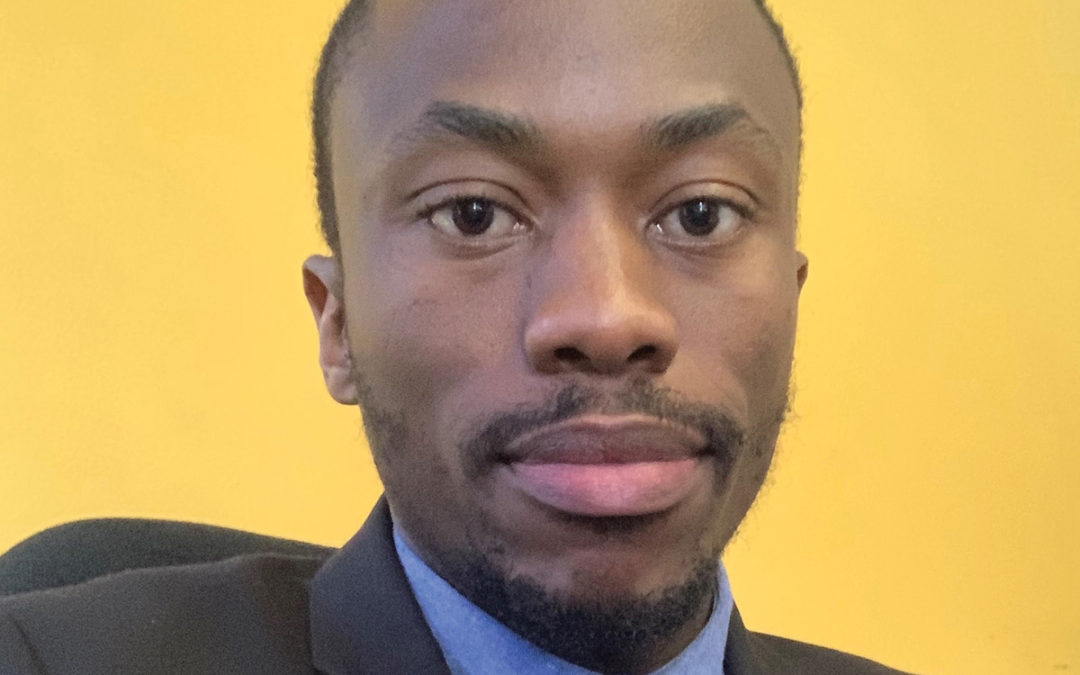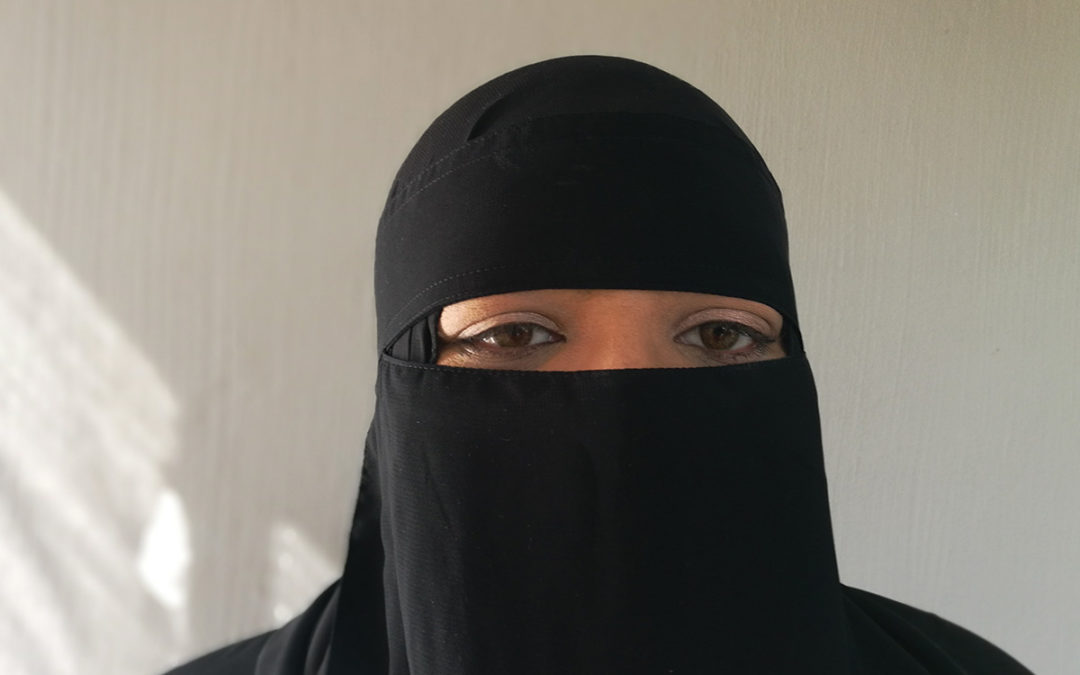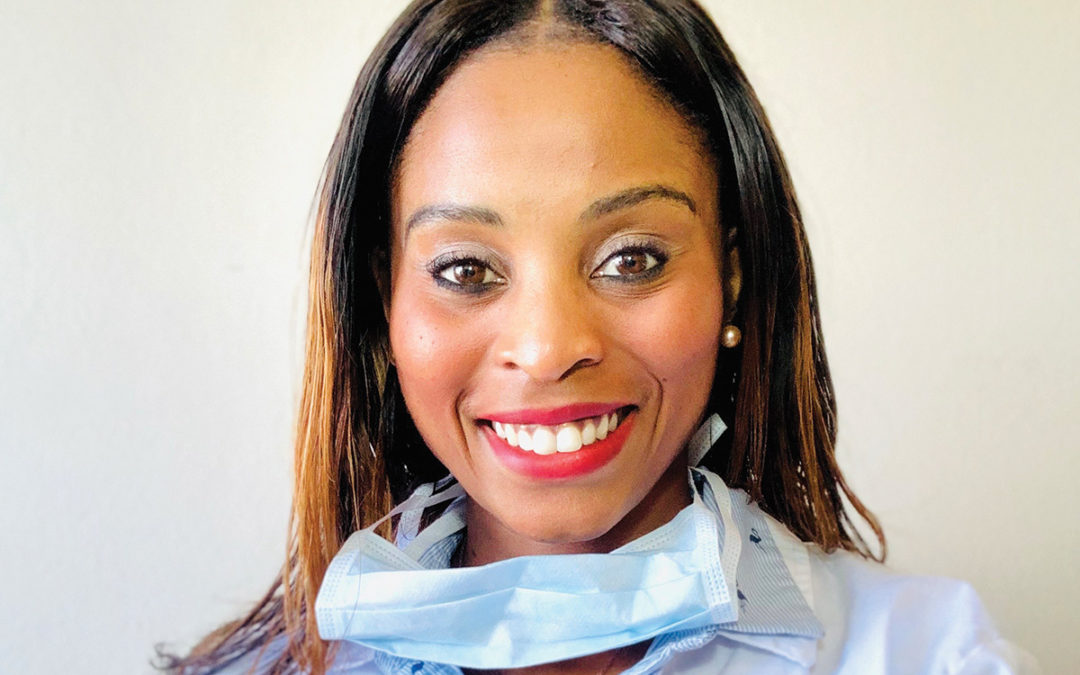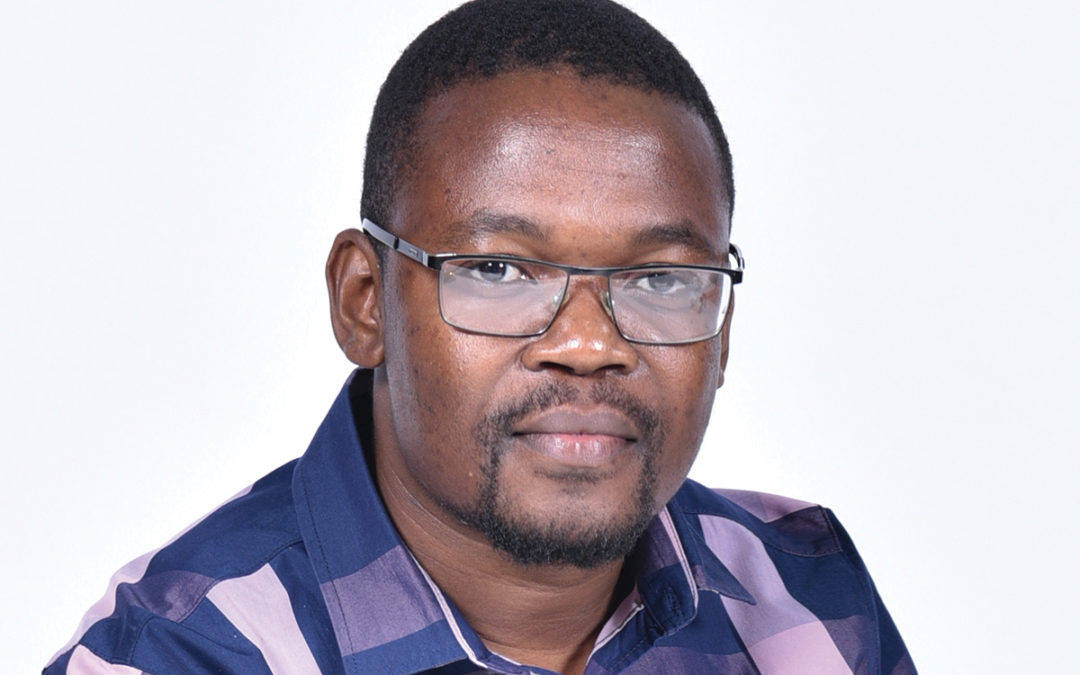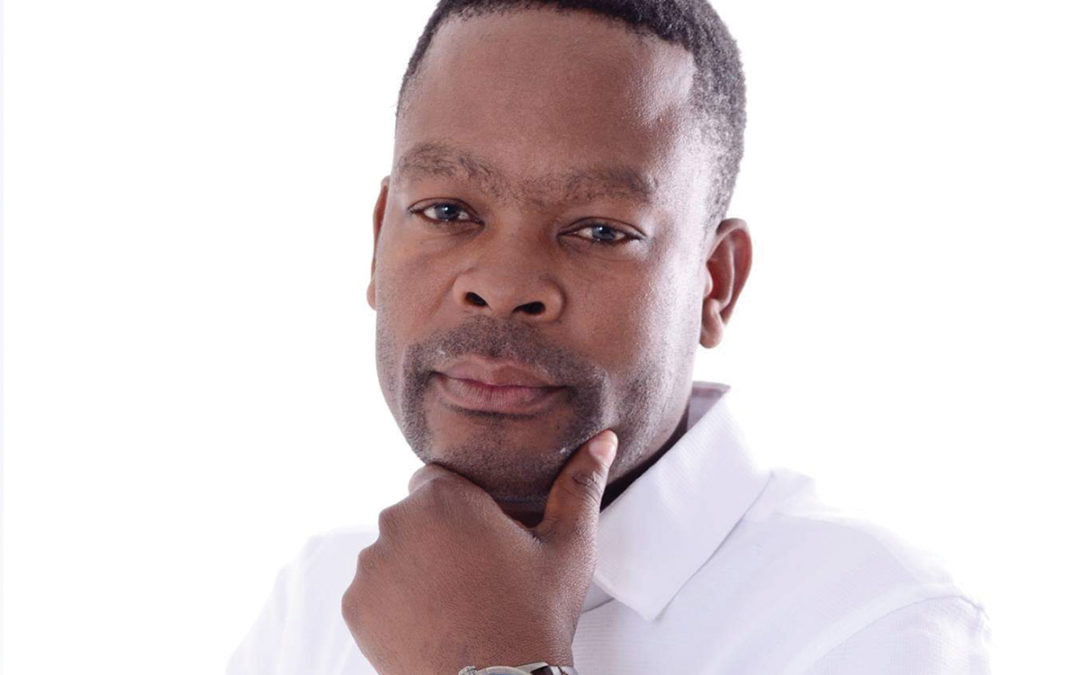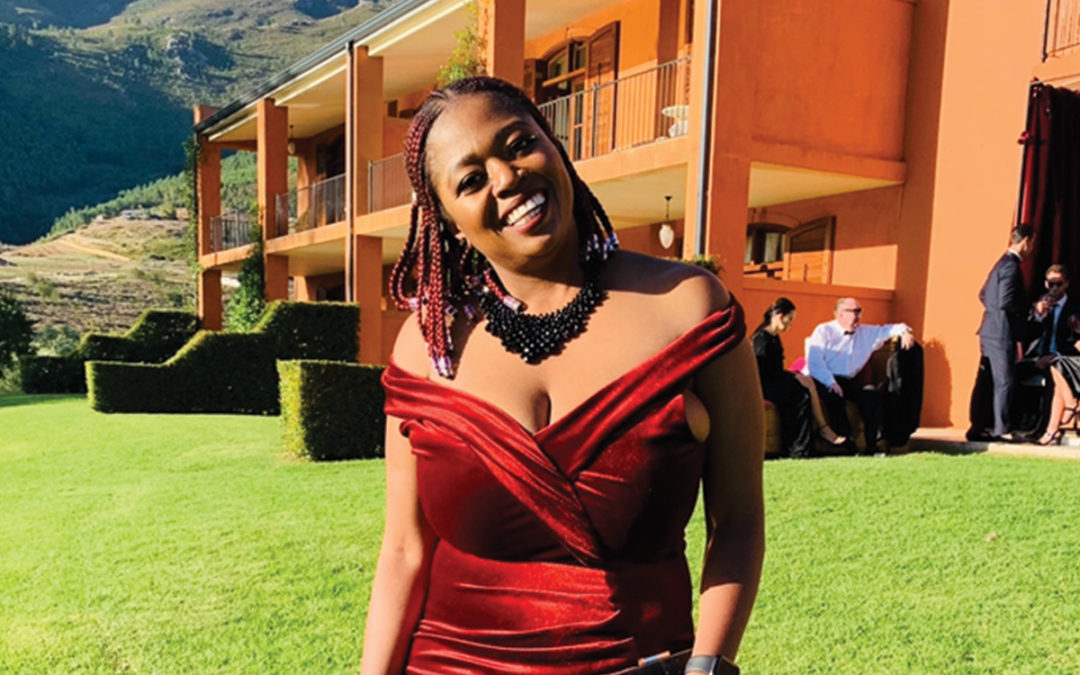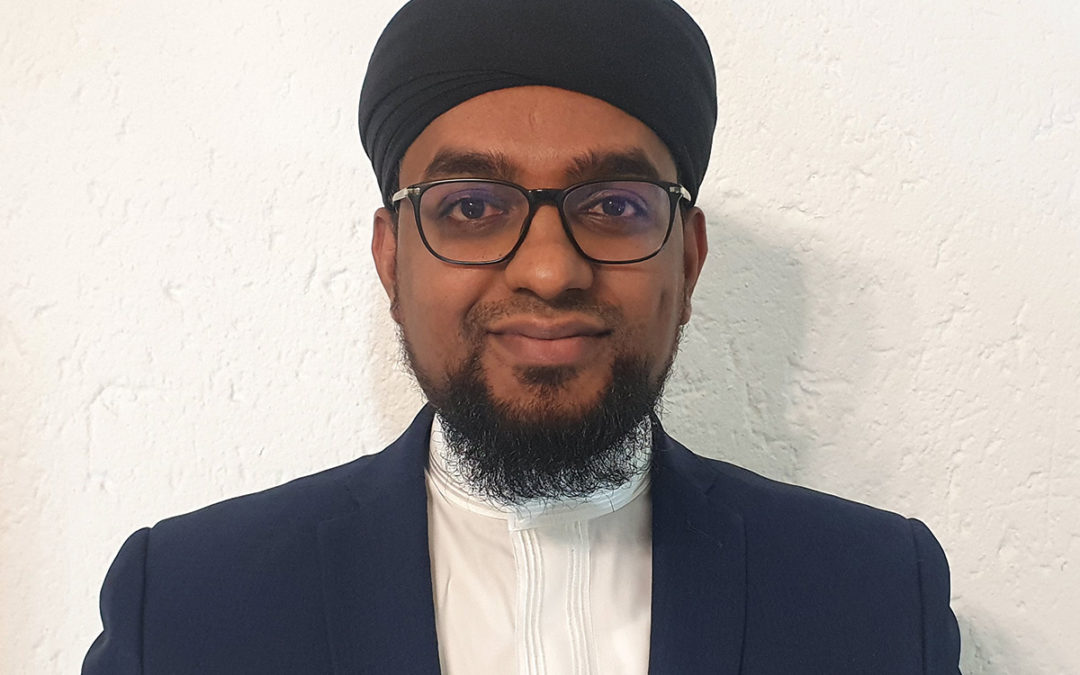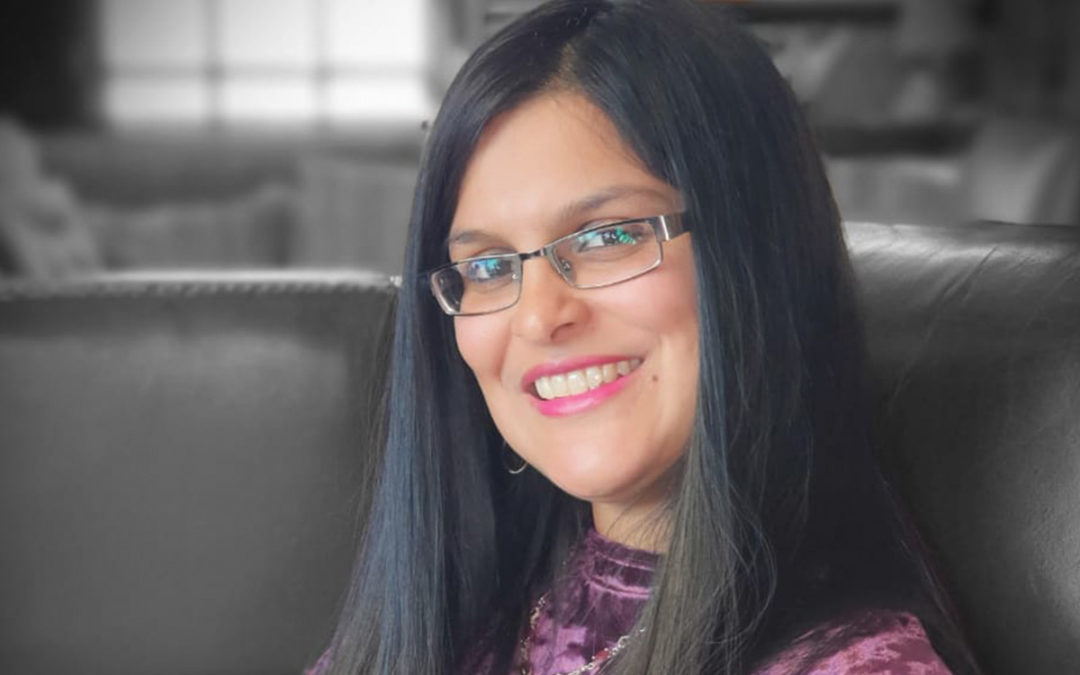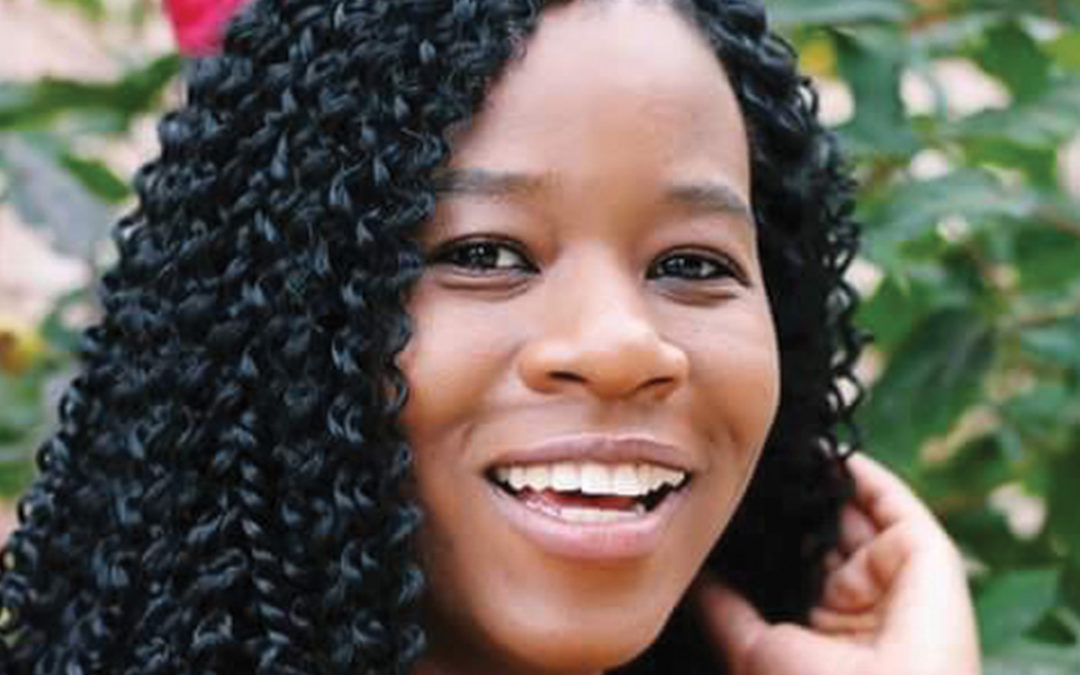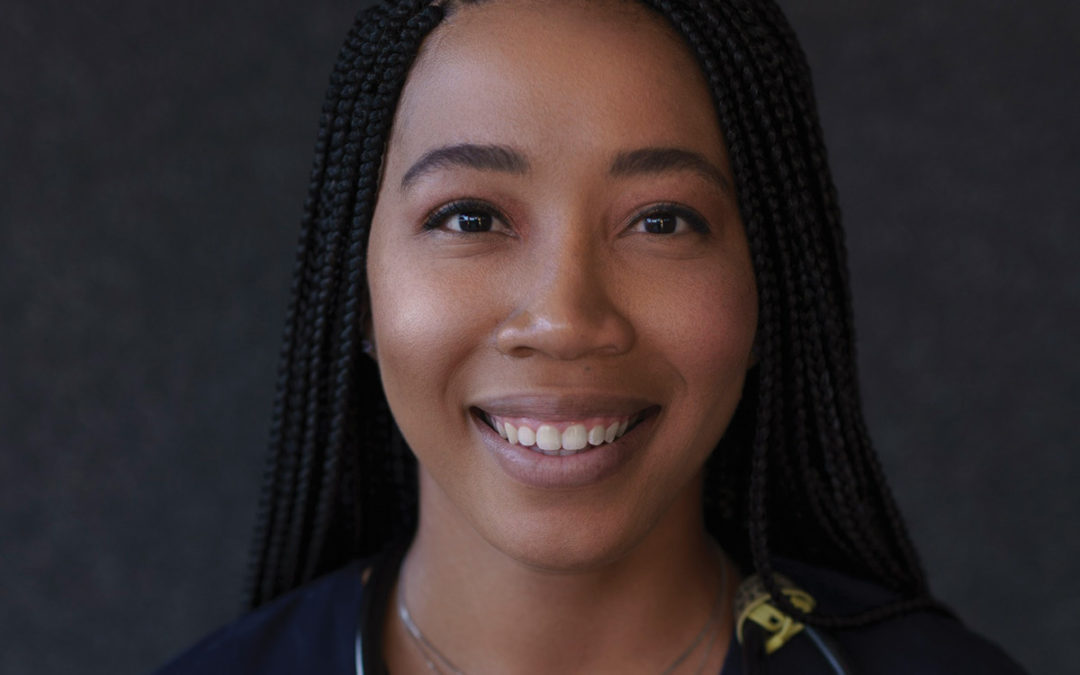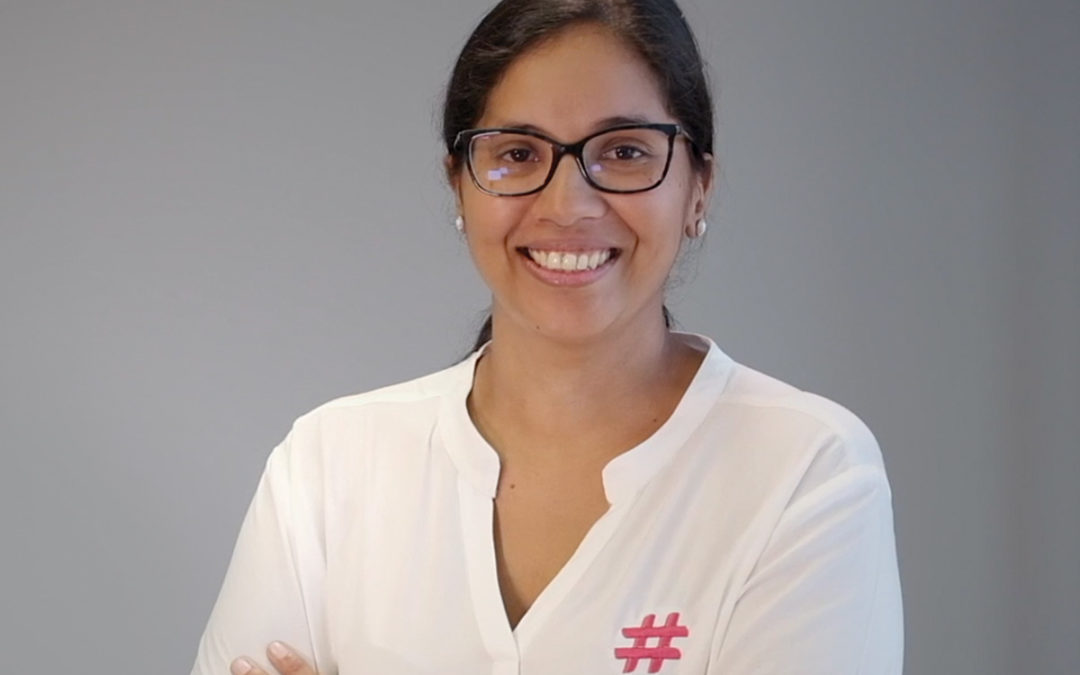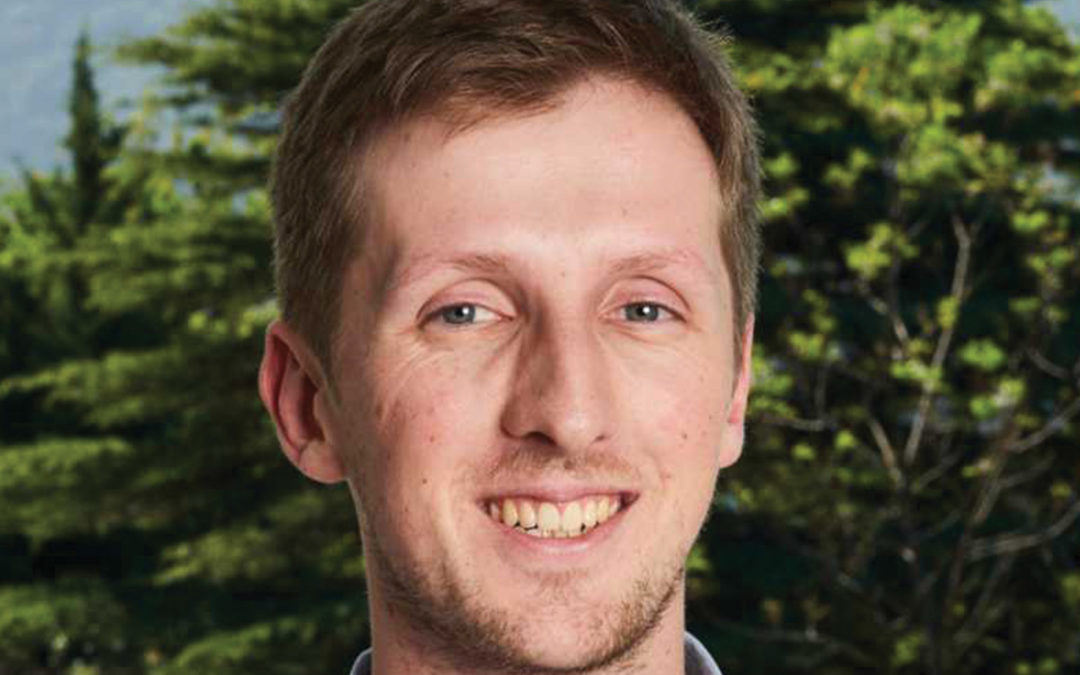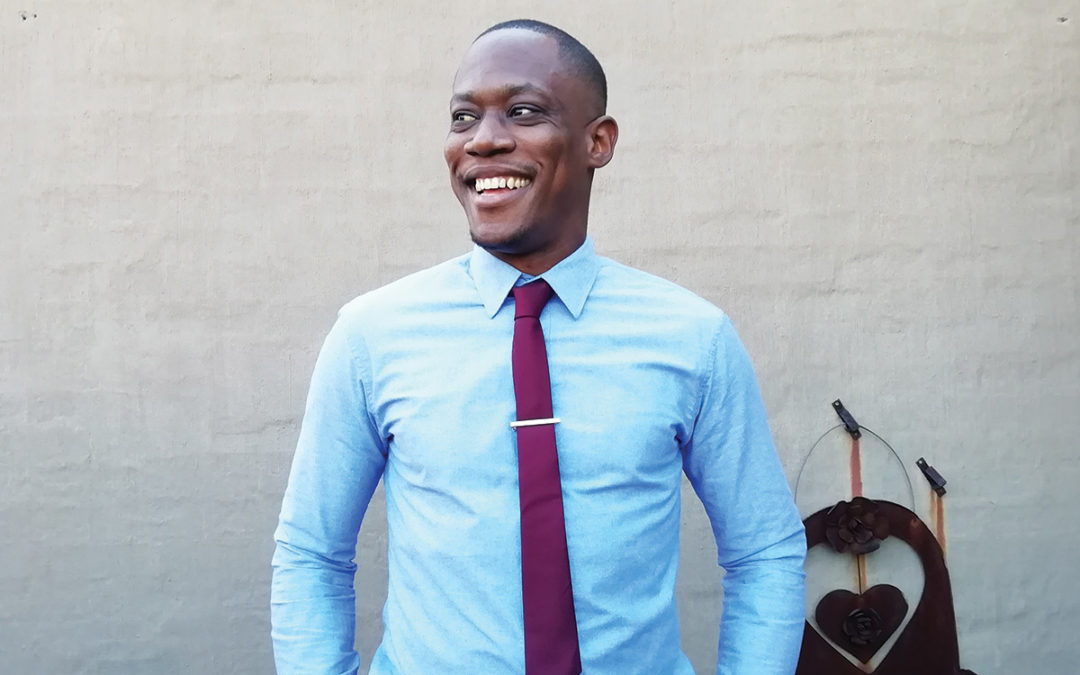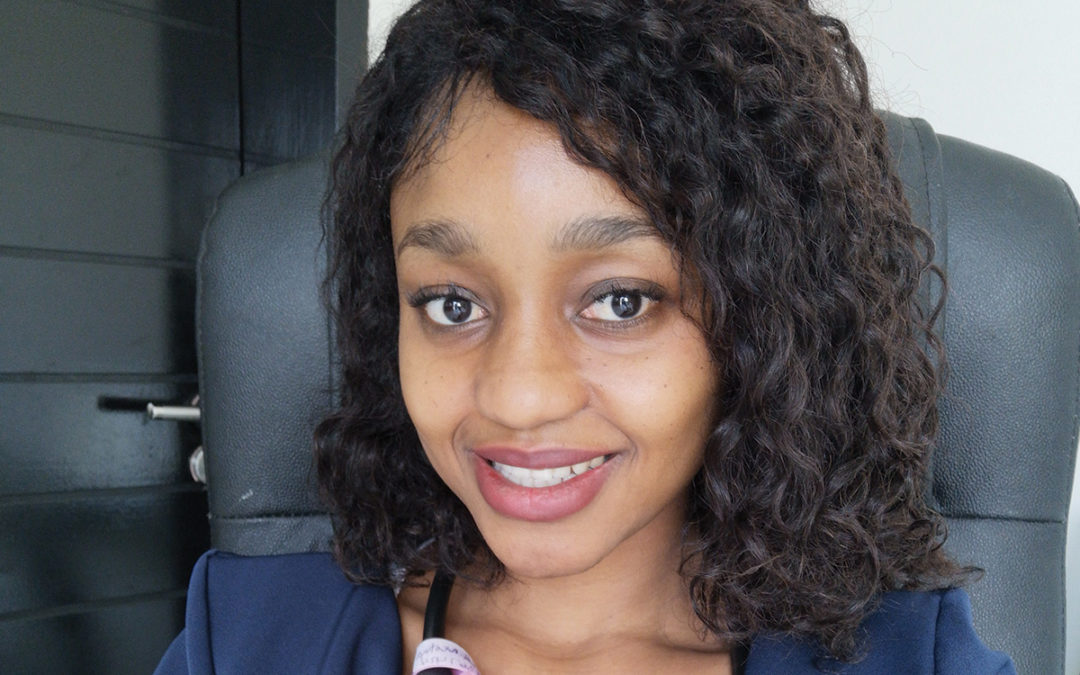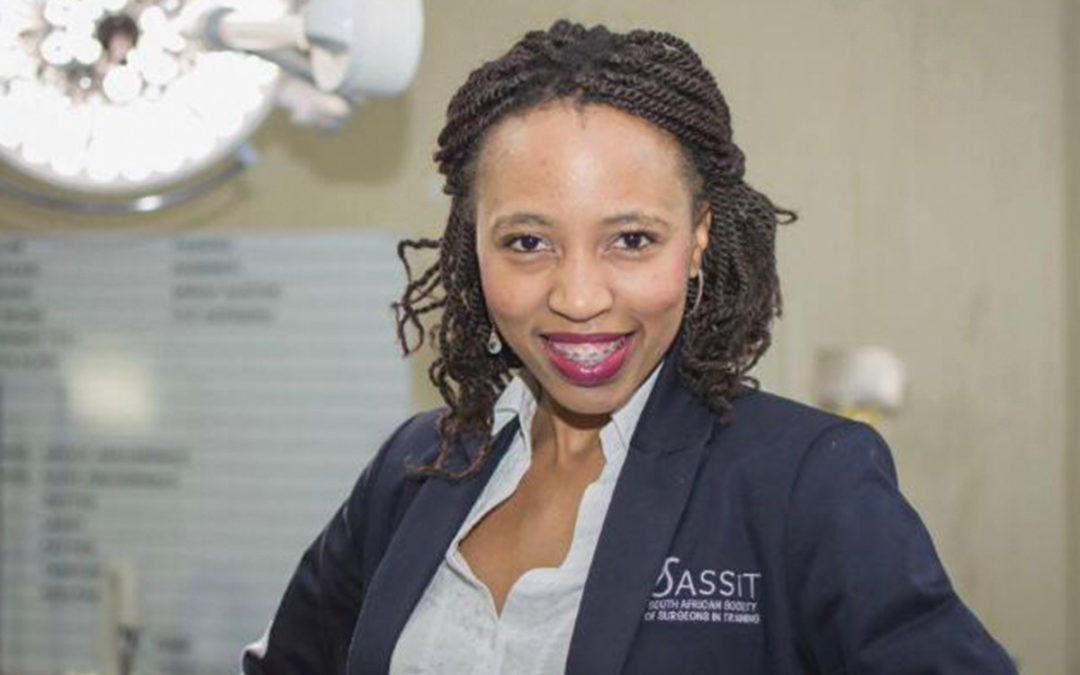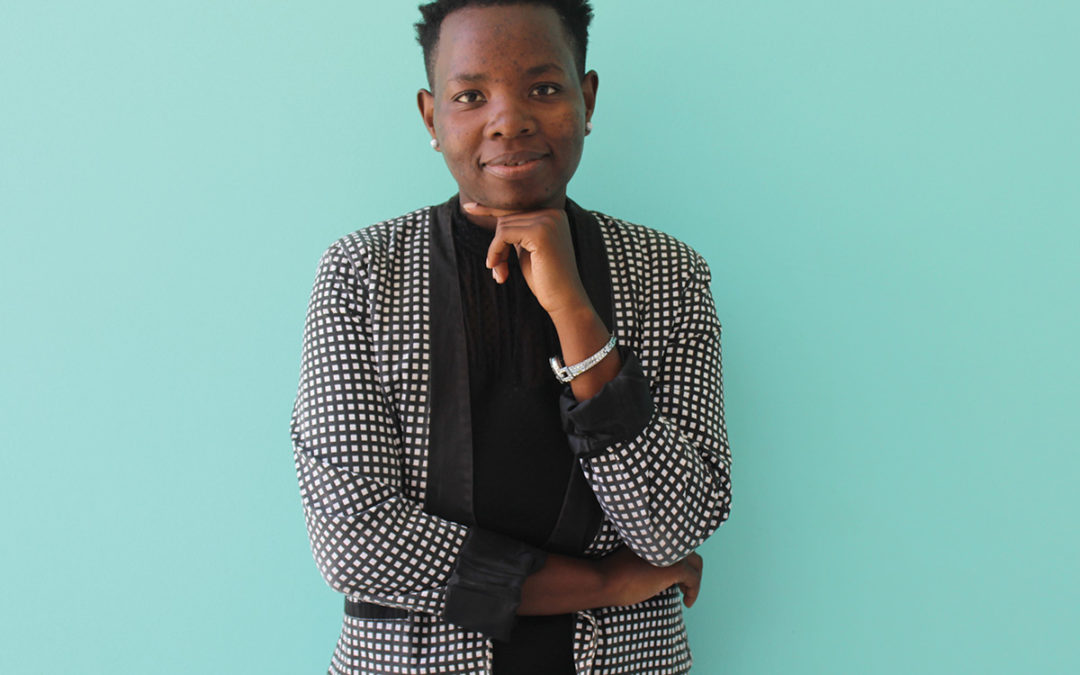Asked what her biggest surprise has been on her personal journey, Malangu Blose says, “I mean, being a PhD candidate was never really part of the plan. So I could say that that on its own has been quite the surprise for me.” Blose’s surprise will benefit the medical community when she completes her research into vaccine-induced immunity from HIV.
Blose started as a National Research Foundation intern at the University of the Witwatersrand, where she attained her MSc degree in biochemistry and cell biology. She subsequently worked as research associate in multiple research projects involving stillbirth, child and maternal health at the Respiratory and Meningeal Pathogens Research Unit at Chris Hani Baragwanath Academic Hospital and Royal Bafokeng Yeast Project.
Currently, her research aims to give insight to vaccinating schedules for HIV-exposed individuals to ensure long-term vaccine induced protection. This study seeks to fill a gap in the knowledge in South Africa: that of the importance of vaccinating teenagers and infants infected or exposed to HIV.
She says, “It is my wish that our health system can get to a point where effective vaccines offering long term protection are available. The world is currently fighting a pandemic and the search for SARS-Cov-2 vaccines is high at the moment, thus I hope that through our work, working together with other departments, South Africa as a country can be better equipped to improve the quality of life by improving immunity.”
One would assume her proudest memory would be a recent one. Instead, she takes us back to school, saying: “(Winning) the first prize for a maths olympiad back in grade 8. The look on my grandma’s face as I went up on stage to receive my award was priceless.”

